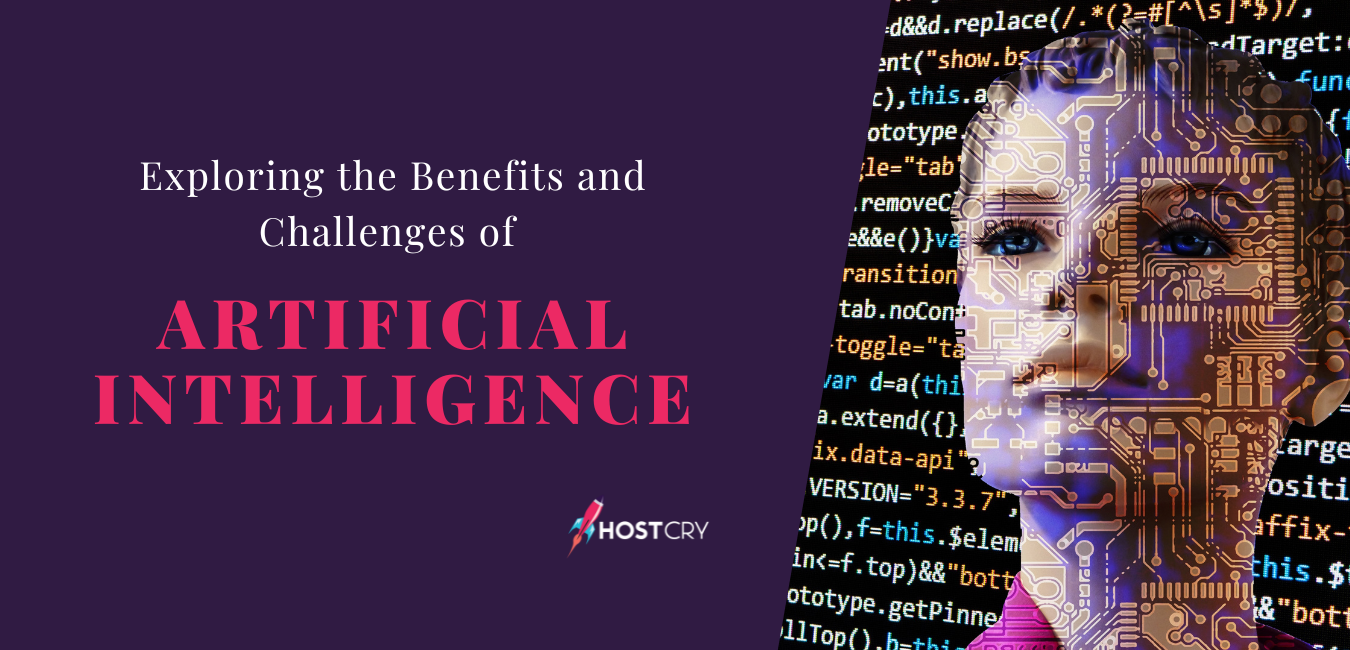Artificial intelligence (AI) is a rapidly growing field that is transforming many aspects of our lives, from the way we interact with technology to the way we work and live. As AI continues to advance and become more integrated into our daily lives, it is important to understand what it is, how it works, and the potential benefits and challenges it presents.
The Potential Benefits of Artificial Intelligence
At its core, AI is the ability of a computer or machine to mimic the cognitive functions of the human mind, such as learning, problem-solving, and decision-making. This is achieved through the use of algorithms, data, and machine learning techniques, which enable AI systems to analyze large amounts of data, identify patterns and trends, and make predictions or decisions based on that information.
There are many potential benefits of AI, including improved efficiency, accuracy, and productivity in a variety of industries and applications. For example, AI can be used in healthcare to diagnose diseases, in finance to make investment decisions, and in transportation to automate cars and trucks. Additionally, AI can help to augment and enhance human capabilities, such as by providing real-time language translation or assisting with complex tasks.
10 Potential Benefits of Artificial Intelligence
- Improved efficiency and accuracy
- Enhanced productivity in various industries
- Augmented human capabilities
- Increased automation and use of data analysis
- Enhanced decision-making and problem-solving abilities
- Improved personalized experiences and services
- Increased innovation and creativity in various fields
- Enhanced security and surveillance capabilities
- Improved public health and healthcare outcomes
- Increased accessibility and affordability of various products and services.
The Dark Side of Artificial Intelligence
While AI has many potential benefits, it also has a dark side that must be acknowledged and addressed. One of the major concerns around AI is the potential for it to be used for malicious or nefarious purposes. For example, AI can be used to automate hacking and cyber attacks, or to manipulate public opinion through the use of disinformation and fake news.
Additionally, the increasing power and capabilities of AI systems raise concerns about the potential for AI to become self-aware and to pose a threat to humanity. While the likelihood of this happening may be low, the consequences would be catastrophic, and it is important for researchers and policymakers to carefully consider the potential risks and to develop safeguards and contingency plans.
Furthermore, the development and deployment of AI systems also raise ethical concerns. For example, there is the potential for AI to be biased or discriminatory, especially if it is trained on biased or incomplete data. Additionally, there are concerns about the accountability and transparency of AI systems, and the need for effective oversight and regulation to ensure that AI is used responsibly and ethically.
Overall, while AI has many potential benefits, it is important to be aware of the potential risks and challenges, and to take steps to mitigate them. This may involve investing in research and development, implementing regulations and oversight mechanisms, and engaging in ongoing dialogue and debate about the ethical implications of AI. By addressing these challenges, we can ensure that AI is used for the benefit of humanity, rather than as a threat.
10 Drawbacks of Artificial Intelligence
- Lack of transparency and accountability
- Potential for bias and discrimination
- Risk of misuse or abuse
- Threat to jobs and employment
- Potential for negative social and economic impacts
- Difficulty in aligning with human values and ethics
- Risk of losing control over AI systems
- Potential for AI to pose a threat to humanity
- Need for effective regulation and oversight
- Difficulty in anticipating and managing potential risks and unintended consequences.
As AI continues to advance and become more integrated into our lives, it is important to understand its capabilities and limitations, and to consider the potential implications for society and the economy. It is crucial that we address the potential drawbacks of AI, such as bias and discrimination, and take steps to ensure that AI is used responsibly and ethically. By doing so, we can harness the full potential of AI for the benefit of humanity.
This article was written by the AI.



